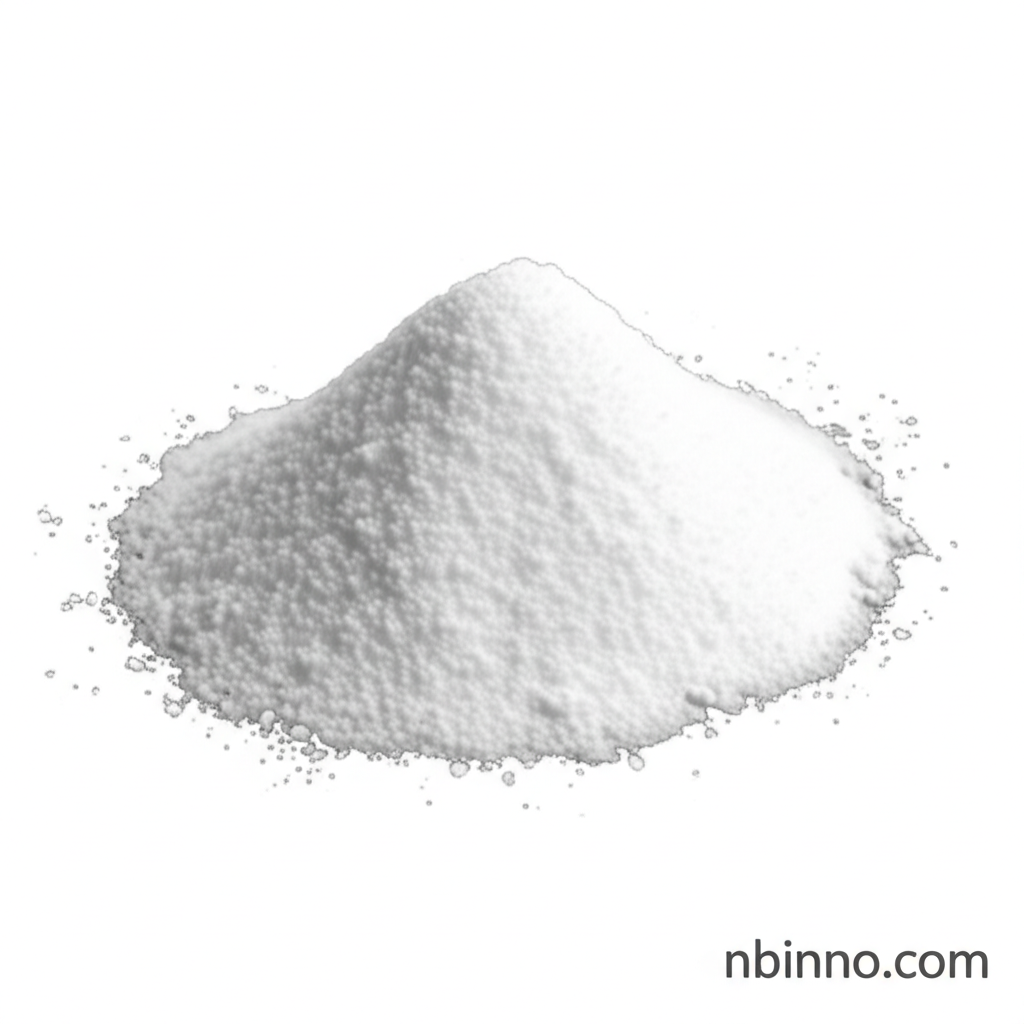Sodium Benzoate: A Comprehensive Overview of its Uses, Benefits, and Safety in Various Applications
Exploring the multifaceted applications and safety considerations of this essential chemical compound across industries.
Get a Quote & SampleProduct Core Value

Sodium Benzoate
Sodium benzoate is a versatile chemical compound that serves as a crucial preservative across numerous sectors. Its primary function is to inhibit the growth of microorganisms such as bacteria, mold, and yeast, thereby extending the shelf life and maintaining the quality of various products. Beyond preservation, it finds applications in pharmaceuticals as a treatment for certain medical conditions and in industrial settings as an anti-corrosive agent. While generally recognized as safe (GRAS) by regulatory bodies like the FDA, understanding its nuances, potential side effects, and safe usage concentrations is vital for both manufacturers and consumers.
- Preservative Properties: Effectively inhibits microbial growth, extending product shelf life and preventing spoilage in foods, beverages, and personal care items.
- Pharmaceutical Applications: Utilized in some medications for its antimicrobial effects and, in higher doses, as a treatment for specific medical conditions like urea cycle disorders.
- Industrial Uses: Acts as an anti-corrosive agent, notably in automotive coolants, and as a stabilizer in photo processing.
- Safety and Regulation: Generally recognized as safe (GRAS) by the FDA, with established acceptable daily intake levels, though concerns exist regarding its combination with Vitamin C and potential hyperactivity links.
Key Advantages
Microbial Inhibition
Sodium benzoate is a potent inhibitor of bacteria, mold, and yeast, ensuring product integrity and safety, crucial for preventing food spoilage.
Broad Compatibility
Its compatibility with other preservatives and use in mildly acidic formulations makes it a versatile choice for cosmetic and personal care product development.
Cost-Effectiveness
Utilizing sodium benzoate offers a cost-effective preservation solution for manufacturers, requiring low concentrations for significant efficacy.
Key Applications
Food and Beverages
Commonly used in sodas, juices, pickles, jams, and condiments to prevent spoilage and maintain freshness, a vital aspect of food safety.
Cosmetics and Personal Care
Found in toothpaste, mouthwash, hair products, and moisturizers as a preservative to prevent bacterial growth, ensuring consumer product safety.
Pharmaceuticals
Used as a preservative in liquid medicines like cough syrup and in specific treatments for metabolic disorders.
Industrial Uses
Functions as an anti-corrosive agent in coolants and a stabilizer in photographic processing, demonstrating its versatility.
